Cats, like humans, can experience stress and anxiety. As a loving cat owner, it’s essential to recognize when your feline friend needs some extra TLC and to know how to help them relax. In this listicle, we’ll explore 15 simple yet effective ways to create a calming environment for your cat and promote their overall well-being.
Create a Safe Space
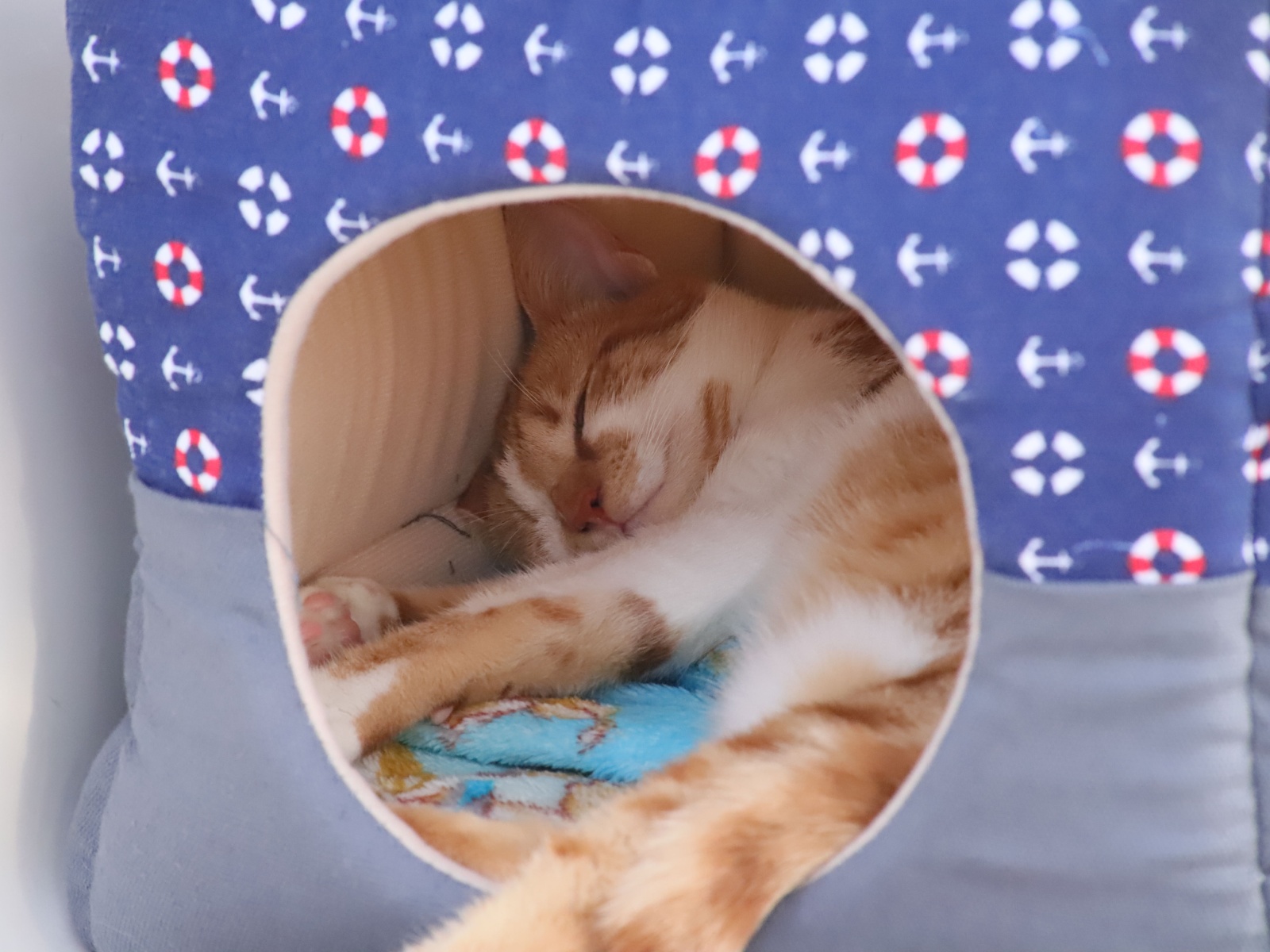
Provide your cat with a quiet, cozy area where they can retreat when feeling overwhelmed. This could be a comfortable bed, a cat tree, or even a cardboard box lined with soft blankets. Ensure this space is easily accessible and away from high-traffic areas in your home.
Stick to a Routine
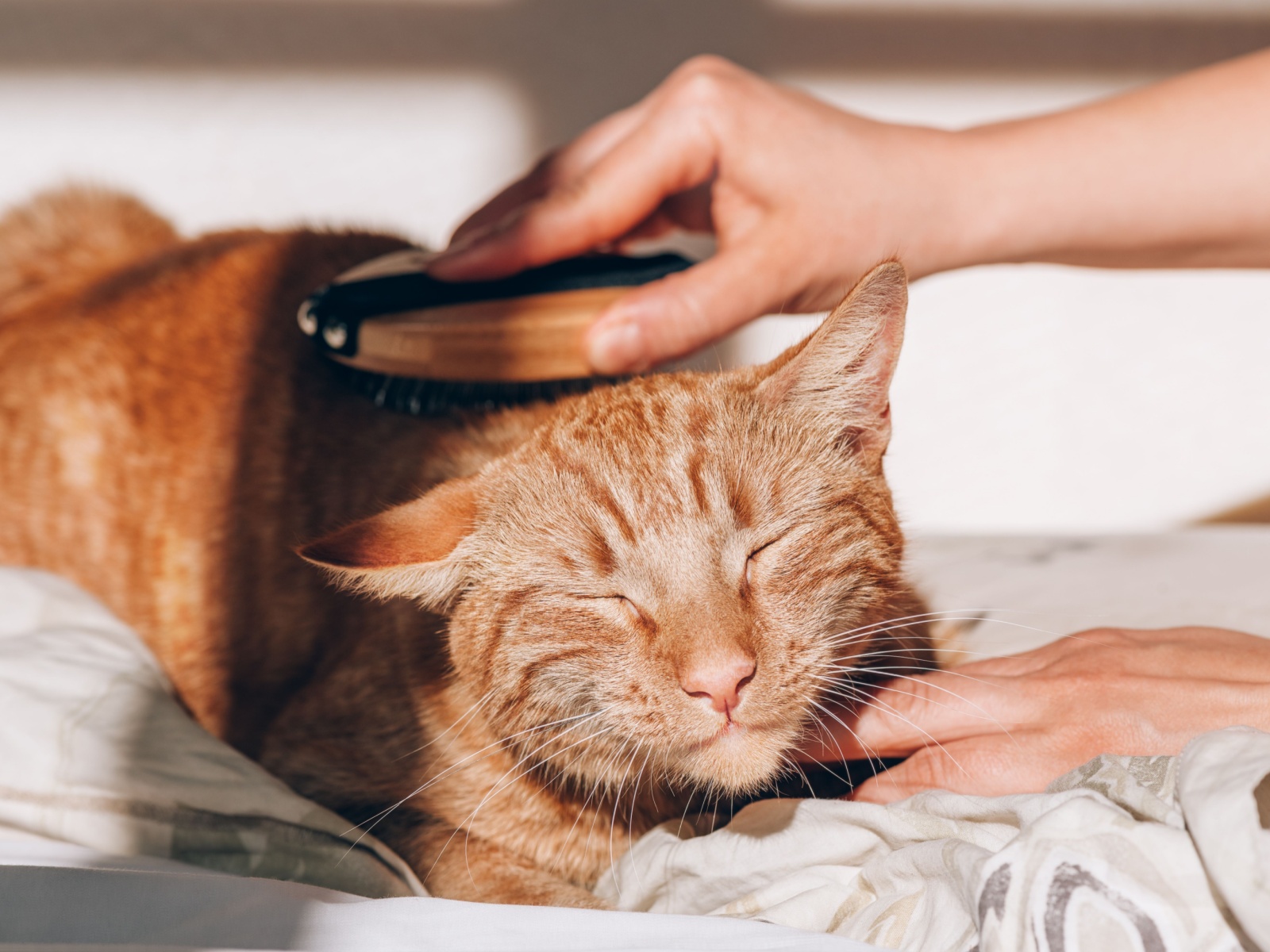
Cats thrive on consistency, so maintain a regular schedule for feeding, playtime, and grooming. Predictability helps reduce stress and anxiety in cats, as they know what to expect throughout the day.
Offer Interactive Playtime
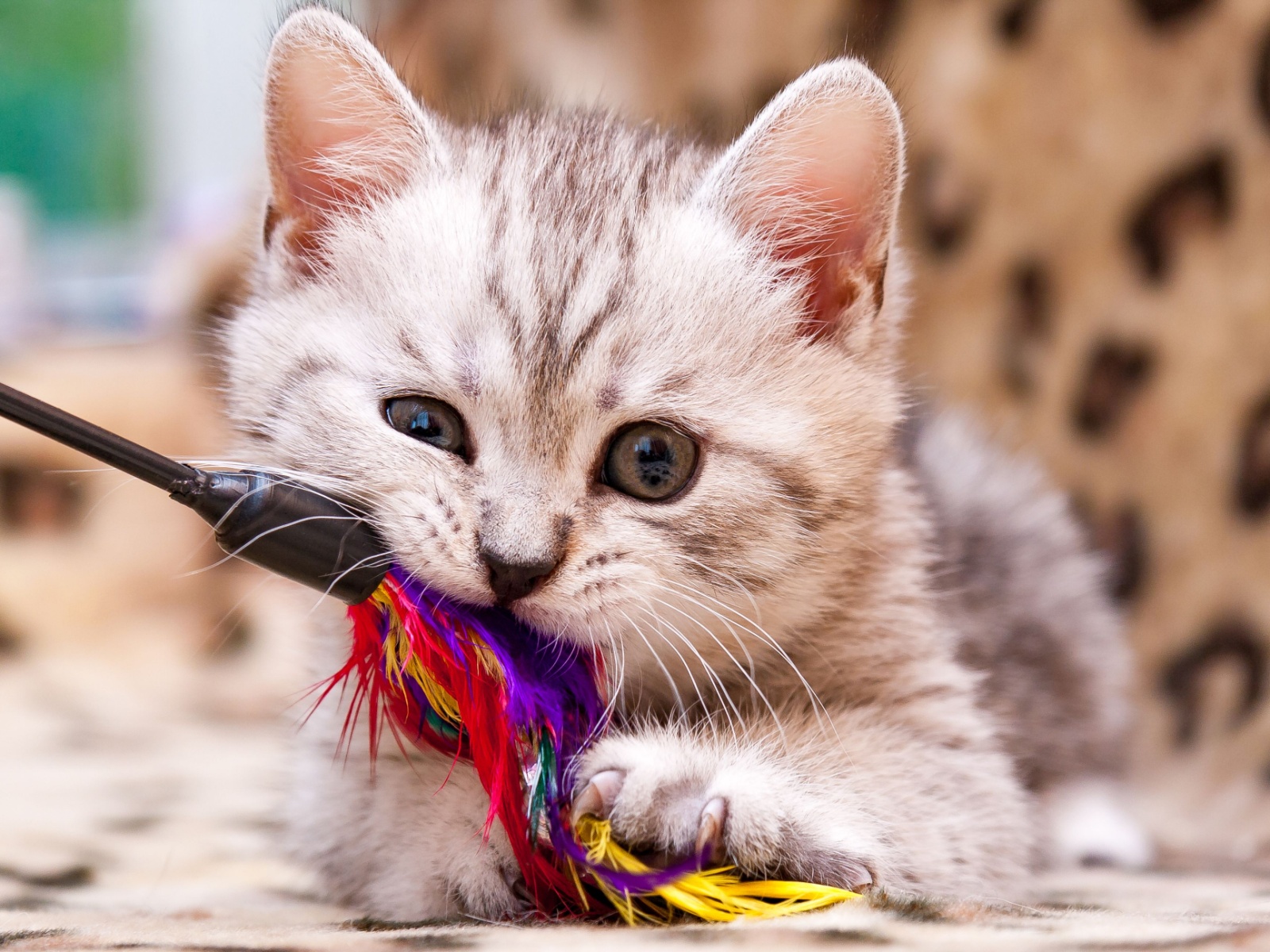
Engage your cat in daily interactive play sessions using toys like feather wands, or puzzle feeders. Play helps release pent-up energy, stimulates their mind, and strengthens the bond between you and your cat.
Provide Scratching Posts
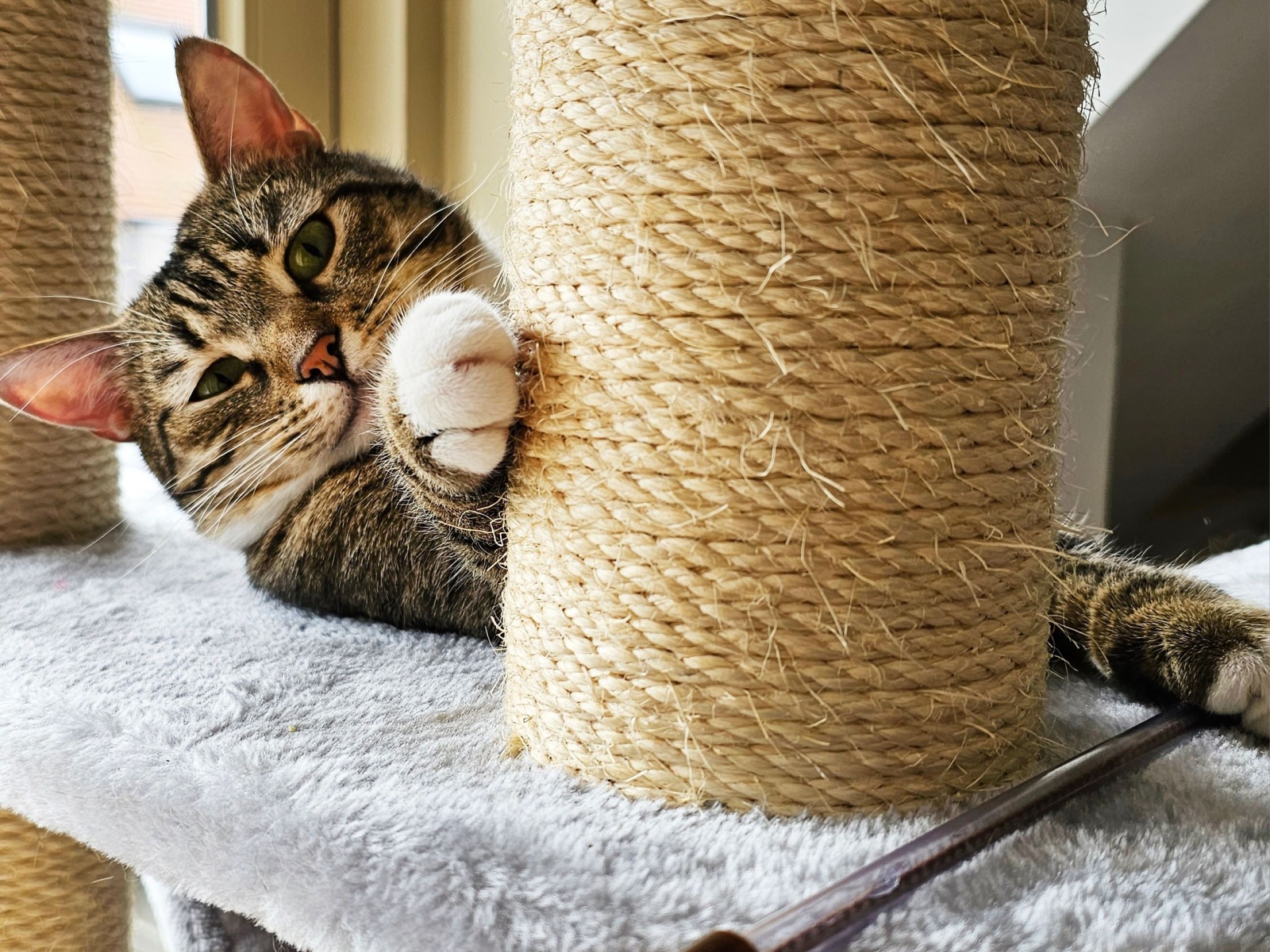
Scratching is a natural behavior for cats that helps them stretch, mark their territory, and release stress. Offer various types of scratching posts, such as vertical and horizontal surfaces, to encourage this behavior and prevent unwanted scratching on furniture.
Use Calming Pheromone Products
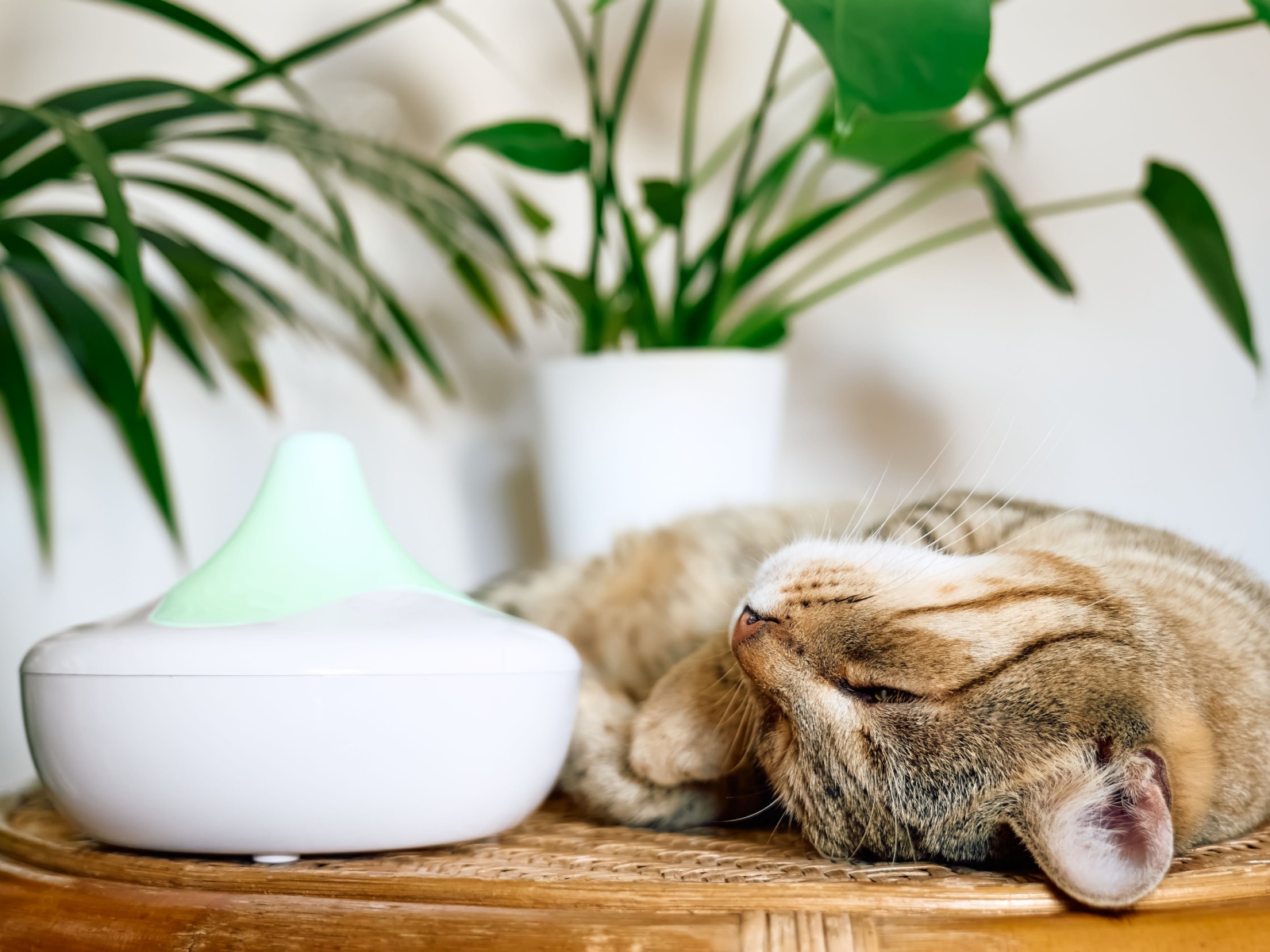
Synthetic pheromone products, such as diffusers or sprays, mimic the natural calming pheromones produced by cats. These products can help create a soothing environment and reduce stress-related behaviors like excessive meowing or scratching.
Maintain a Clean Litter Box
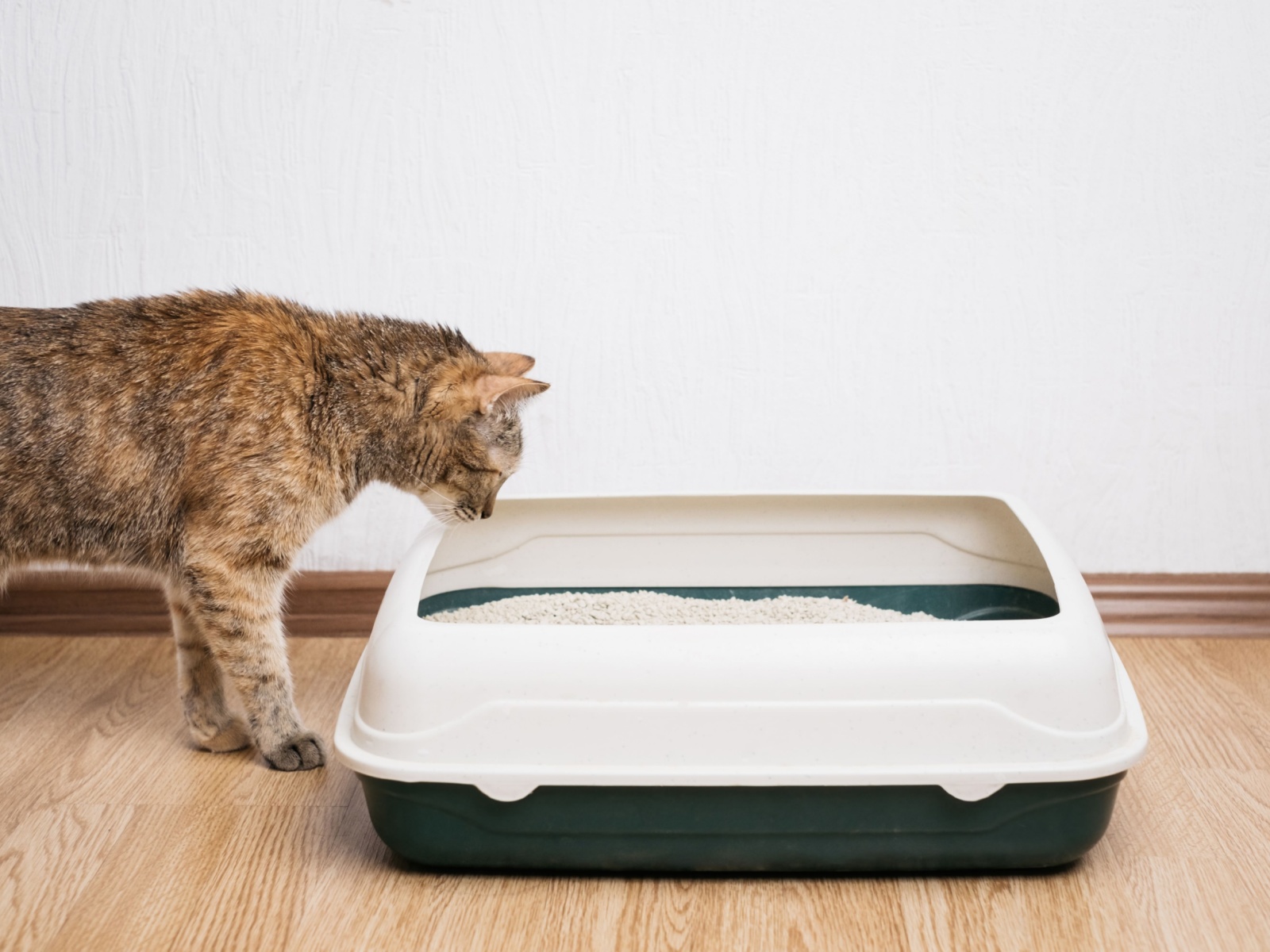
Cats are fastidious creatures and prefer a clean, easily accessible litter box. Scoop the litter daily and do a deep clean once a week to prevent litter box avoidance and stress-related elimination issues.
Offer a Balanced Diet

Feed your cat a high-quality, balanced diet that meets their nutritional needs. Avoid sudden changes in their food, as this can cause digestive issues and stress. If you need to switch foods, do so gradually over a week or two.
Provide Perches and Hiding Spots

Cats love to observe their surroundings from high vantage points and hide when they feel threatened. Install cat shelves, perches, or cat trees near windows, and provide hiding spots like cat caves or boxes to help them feel secure.
Minimize Changes in the Home

Cats are sensitive to changes in their environment, such as rearranging furniture or introducing new pets. When possible, make changes gradually and provide extra attention and reassurance during these times.
Use Calming Music

Studies have shown that specific types of music, such as classical or soft, instrumental melodies, can have a calming effect on cats. Play soothing music to create a relaxing atmosphere for your feline friend.
Brush Your Cat Regularly
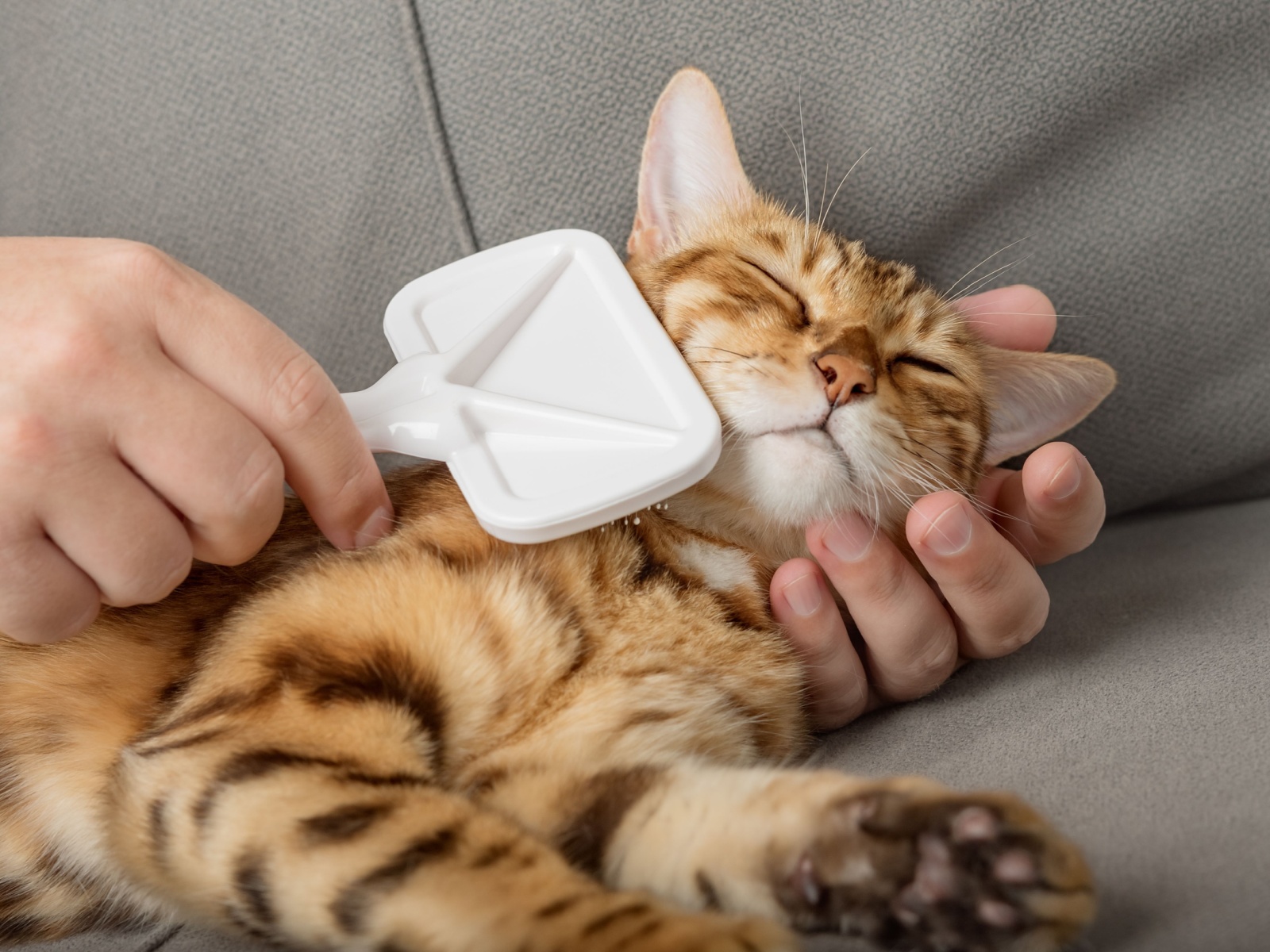
Regular grooming not only keeps your cat’s coat healthy but also serves as a bonding activity and can be incredibly relaxing for them. Use a soft brush or comb and gently stroke your cat’s fur, paying attention to their favorite spots. Be patient and go at your cat’s pace, as some may take time to adjust to grooming.
Provide a Cat-Friendly Environment

Ensure your home has ample resources for your cat, such as multiple water bowls, food stations, and litter boxes, especially in multi-cat households. This helps prevent competition and resource guarding, which can lead to stress. Consider creating separate areas for each cat to eat, sleep, and play to reduce potential conflicts.
Consider Cat-Calming Supplements
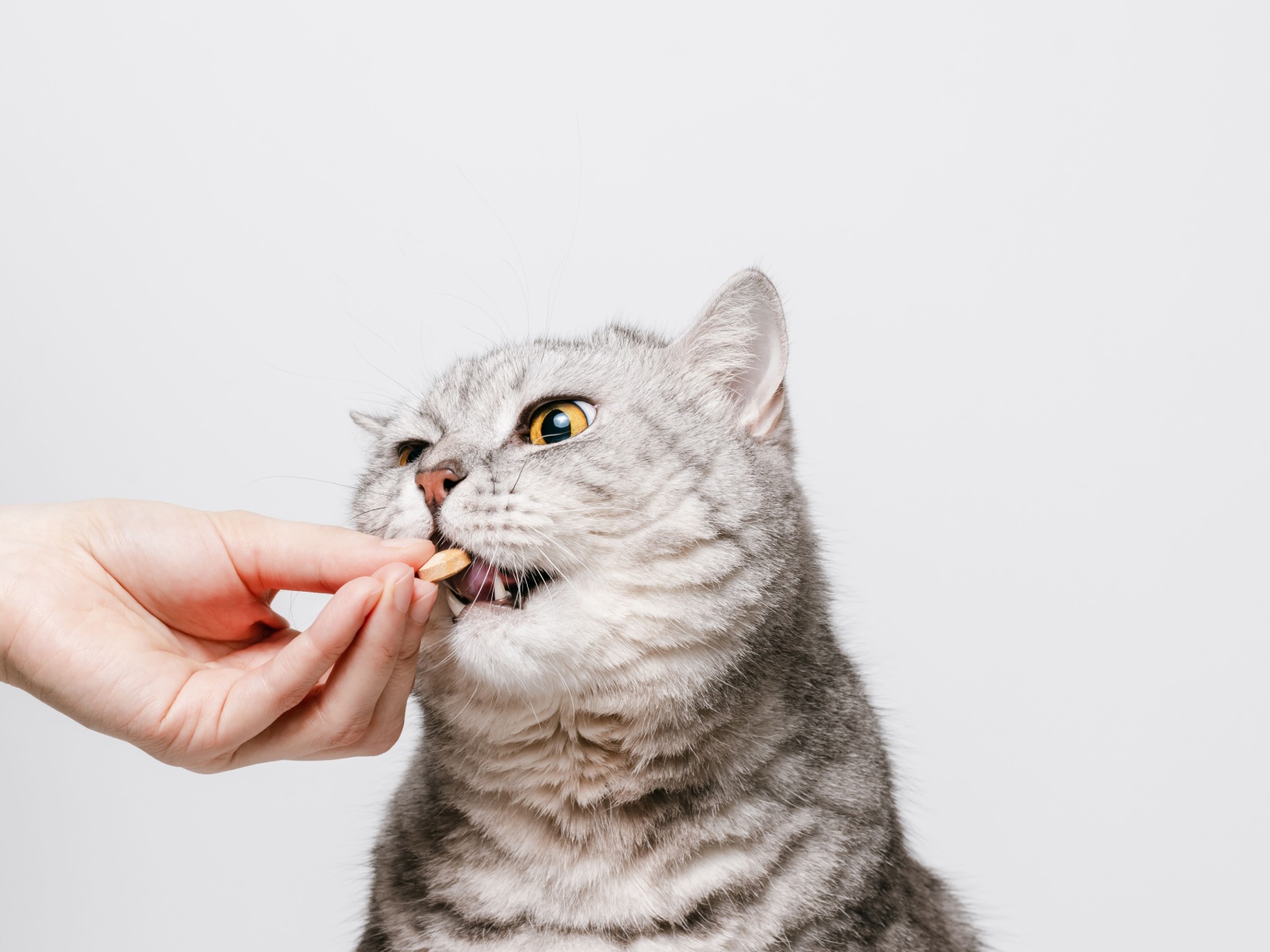
Certain natural supplements, such as L-theanine or chamomile, may help reduce anxiety in cats. Always consult with your veterinarian before giving your cat any supplements to ensure they are safe and appropriate for your pet. Follow the recommended dosage and monitor your cat’s response to the supplement.
Offer Positive Reinforcement Training

Teach your cat simple tricks or behaviors using positive reinforcement techniques like clicker training and rewarding with treats. Training provides mental stimulation, enhances your bond, and can boost your cat’s confidence. Keep training sessions short, fun, and rewarding, and be patient as your cat learns new skills.
Schedule Regular Veterinary Check-Ups
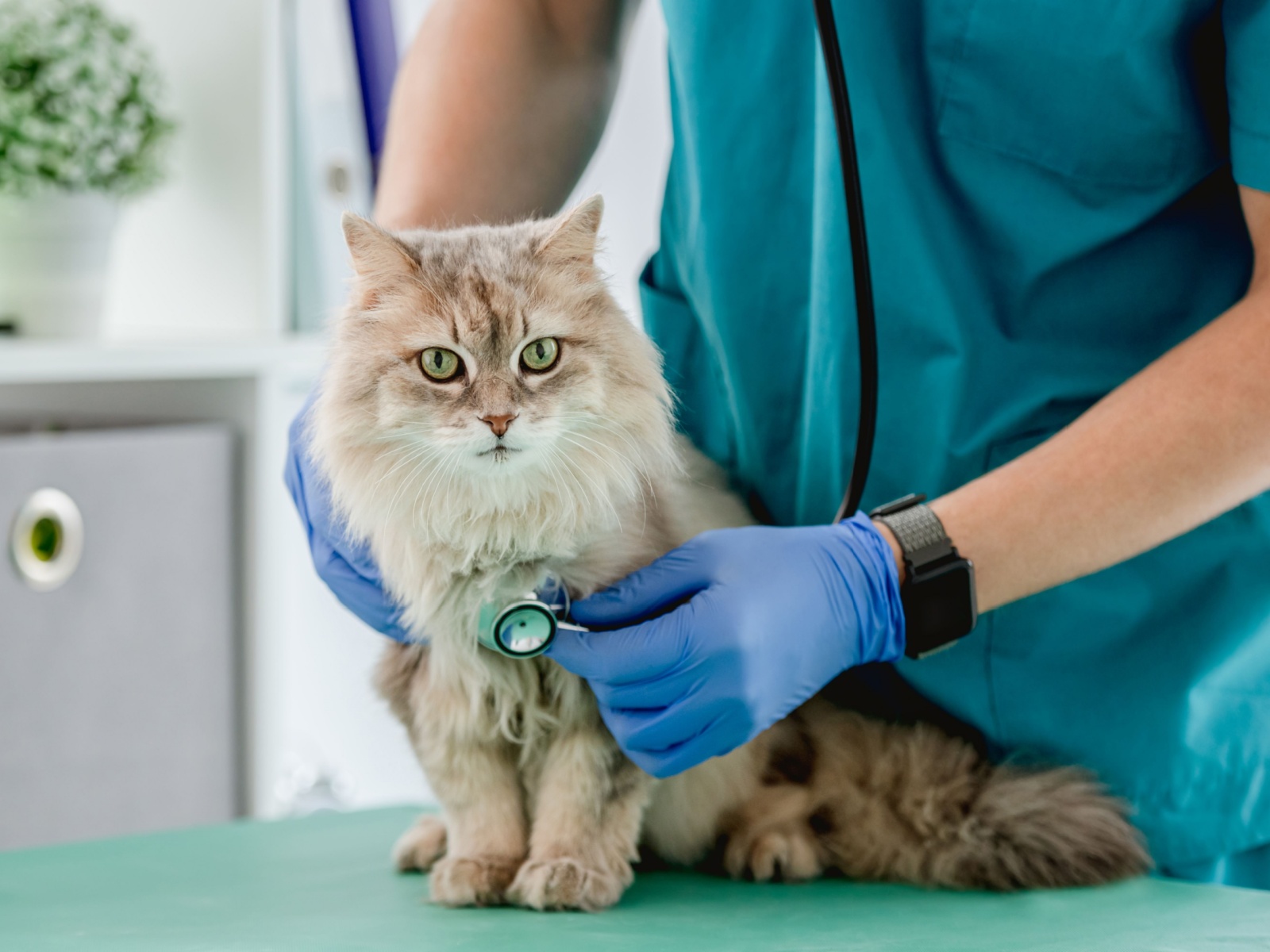
Regular visits to the veterinarian can help identify and address any underlying health issues that may be causing stress or anxiety in your cat. Maintaining your cat’s overall health is crucial for their mental well-being. Discuss any concerns or changes in your cat’s behavior with your veterinarian to develop an appropriate care plan.
Becky is a fervent wildlife enthusiast and pet care expert with a diploma in canine nutrition. Her love for animals stretches beyond the domestic, embracing the wild tapestry of global fauna. With over a decade of experience in animal welfare, Becky lends her expertise to OutlandishOwl through insightful articles, captivating wildlife information, and invaluable guidance on pet nutrition. Her work embodies a deep commitment to understanding the intricate lives of animals and a passion for educating others on sustaining natural habitats. Becky's hands-on conservation efforts and her knack for translating complex dietary science into practical pet feeding tips make her an indispensable voice for creatures great and small.




